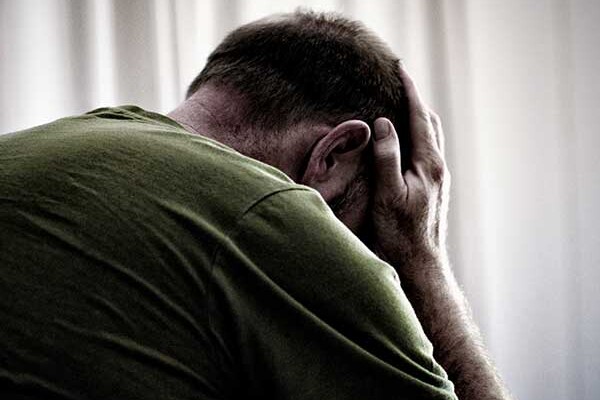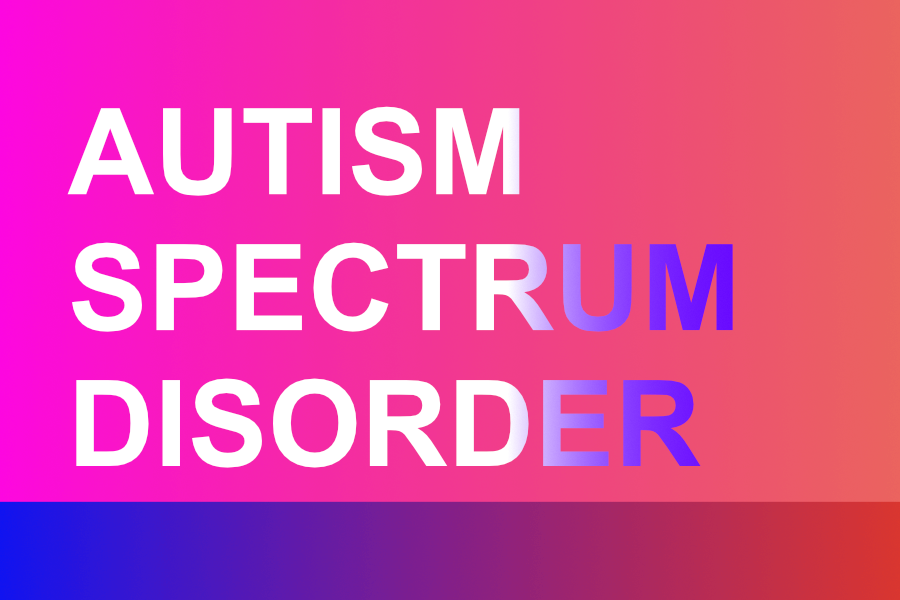Learn about PTSD
What is PTSD?
Post traumatic stress disorder develops after having or witnessing a traumatic experience. This could be an accident, an assault or some forms of abuse. You may experience anxiety with anything that reminds you of the trauma, memories or flashbacks, feeling sad or angry, feeling guilty, having problems concentrating or sleeping, things may feel unreal (called dissociation) and not feeling safe even in safe situations. Some people also have physical symptoms like nausea too.
People who have experienced long lasting trauma or multiple traumatic events (like abuse or neglect) may develop extra symptoms that we call complex PTSD (or just complex trauma). As well as the above you may have problems controlling your emotions, difficulty with social relationships due to fear of mistreatment or mistrust, you might feel bad about yourself in some way like thinking bad things that happened are your fault or that you are somehow abnormal. Sometimes people experience dissociative issues like feeling that things aren’t real or they are not themselves. Self-harm and self-neglect can also occur. Therapy can help you with both kinds.
What causes PTSD?
PTSD is caused by experiencing or witnessing one or several traumatic events. Scientists have found several biological factors that explain why PTSD happens. It appears to be an evolutionary survival mechanism that gets out of control. Being able to reconsider events where we may be seriously injured or killed (through dreams or flashbacks) to try and prevent them happening again would have a survival benefit as would other symptoms such as hyper-arousal and anxiety might have helped us protect ourselves. Even symptoms like dissociation may help us get through the situation. They have found several biological mechanisms underpinning this like higher levels of stress hormones in the bodies of people with PTSD and differently sized areas in the brains limbic system (that deals with emotions and memories among other things). These mechanisms keep us safe at the time but may come to hold us back once we are not within the traumatic situation so can use therapy to help resolve them.
How do we treat PTSD?
There are a number of ways therapy can help you with PTSD. We may help you learn relaxation techniques for meditation to help you manage anxiety or other self-soothing techniques to help yourself through. We may help you consider the thought processes and rules for living you have developed due to trauma and challenge them to make them more flexible and balanced. We can do this through talk therapy, cognitive techniques or behavioural techniques like graded exposure. We can help you work on lingering feelings with talk therapy, imaginal exposure or other methods. The exact treatment plan will be tailored and developed at a pace appropriate for you.
Medication & EMDR
Some people can also be prescribed medication for PTSD, these may be used to help accompanying depression, anxiety or sleep issues. Some doctors believe that SSRI antidepressants also help PTSD symptoms when combined with therapy.
Another powerful technique is called eye movement desensitisation and reprocessing (EMDR). You move your eyes in a guided rhythm while remembering your trauma. This technique has good evidence for being helpful but it is unclear exactly how it works. One leading theory is that it tricks the brain into re-processing information the way you do when asleep in the REM stage. This re-processing seems to reduce PTSD symptoms.
Trusted & Private Therapy
Our therapy and counselling services extend to both adults and children. We can work on an individual one to one basis, with couples, families and also groups. We provide a safe space in which you can share your problems as you gain a greater understanding of them. We help you to find ways in which you can either resolve or manage these issues better.
Glossary of Conditions

Anxiety
Anxiety refers to thoughts, feelings and physical sensations of worry or feeling under threat. Feeling like you are struggling to breathe or living your day-to-day life you may benefit from therapy.

Binge Eating Disorder
Binge-eating disorder is a disorder where a person eats a large amount of food in a short space of time. They may not be hungry when doing this, often resulting in physical discomfort.

Depression
Depression is a disorder involving a prolonged period of low mood and it affects people differently. Depression is more than just feeling sad it is a prolonged change in mood.

OCD
Obsessive-compulsive disorder is characterised by recurrent persistent thoughts that cause distress until the person performs ritualised behaviour.

Panic Disorder
Panic Disorder is an anxiety disorder and it occurs when you have a surge of intense fear that strikes suddenly and repeatedly without warning.

PTSD
Post traumatic stress disorder develops after having or witnessing a traumatic experience. This could be an accident, an assault or some forms of abuse.

Anger
It is important to recognise that anger is not necessarily a mental health problem. Everyone experiences the emotion sometimes. It is often a response to mistreatment or abuse.

Generalised Anxiety Disorder
Generalized anxiety disorder, or GAD, is a mental illness. It belongs to a group of illnesses called anxiety disorders.

Anorexia Nervosa
Anorexia nervosa involves a reduced food intake, below a person’s medical needs. Their mind will be very focused on eating habits to change your bodies size and shape.

Autism Spectrum Disorders
Autism spectrum disorders (ASD) are a set of conditions that influence the way a person takes in information. People with ASD’s can experience difficulties in communication.

Borderline Personality Disorder
Those who have Borderline Personality Disorder (BPD) suffer from recurrent, uncontrollable and difficult changes in mood.

Antisocial Personality Disorder
Those who have antisocial personality disorder display impulsive, irresponsible and risk-taking behaviour.

ADHD
Attention deficit hyperactivity disorder is a neurodevelopmental disorder often first recognised in childhood but it can be lifelong.